The theatre and the world
Ernest Macintyre remembers Lucien Edward de Zoysa, the renowned thespian and cricketer on his 25th death anniversary
To be born in1917 in British Ceylon, in an upper strata English educated middle class family was to be “culturally English”. The urban scattered concentrations of the English language, parliamentary practice and the game of cricket seem to be the survivals of the British period as Lucien de Zoysa grew up. While some of his siblings like Stanley, Bunty, Kenneth and Sydney would go for the parliamentary arena and institutions sprouting from it, Lucien chose the more durable British leftovers - cricket and the products of the English language.
The early part of his life was cricket which in the opinion of some could also mean he began with a lead-up to theatre. “There is a close kinship between art and sport. And it's no accident that cricket, of all games, has attracted legions of theatrical followers. Beckett, Pinter, Stoppard, Ayckbourn and Rattigan all played the game. With its action and hubris, legions of thespians have long admired sport as a game akin to their own art,” says Michael Billington, in The Guardian.
Lucien’s father was Sir Francis de Zoysa, President of the Ceylon National Congress and his mother Ethel Perera Amarasekera Siriwardena of Ragama Walauwa.
Their children were Sydney de Zoysa (former DIG), A. C. "Bunty" de Zoysa (President's Counsel), Violet Rajapakse (married to Tudor Rajapakse of Maha KappinaWalauwa, Balapitiya), Olga de Zoysa (first Miss Ceylon), Dickie de Zoysa(best man at S.W.R.D.Bandaranaike's wedding), Gwendoline de Zoysa, Stanley de Zoysa (former Minister of Finance), Lucien de Zoysa, Douglas de Zoysa, Capt Kenneth De Zoysa, Iris Wickremasinghe (first married to Michael De Zoysa Siriwardena, Minister in S.W.R.D.Bandaranaike’s Cabinet and then to Anton Wickremasinghe) and Olive Amarasekera.
A leg-spin bowler, Lucien played club cricket in Colombo with the Sinhalese Sports Club. He was the leading wicket-taker when the club made a short tour of three non-first-class matches in India in 1945-46.
He played his first match for Ceylon in 1946-47, taking six wickets when the Ceylon Cricket Association team defeated a Southern India team in Madras by an innings. In 1949-50 he was easily the most successful bowler when Ceylon toured Pakistan. Ceylon lost three and drew two of the five matches, but Lucien took wickets consistently and finished with 21 wickets at an average of 16.23. In the match against Pakistan in Karachi he took 6 for 72 in the first innings. In1950-51 he was one of two Ceylonese cricketers (the other was Stanley Jayasinghe) invited to play for a combined Indian, Pakistani and Ceylonese side against the touring Commonwealth XI in Bombay.Enable previews
 He loved the game. His autobiography published in 1992 was titled ‘First Love’. Lucien said he hoped the title of this book had not misled readers. It was a book about cricket and cricketers, he emphasised, dismissing any pre conception that it was a record of the journey of his personal life.
He loved the game. His autobiography published in 1992 was titled ‘First Love’. Lucien said he hoped the title of this book had not misled readers. It was a book about cricket and cricketers, he emphasised, dismissing any pre conception that it was a record of the journey of his personal life.
The title of his autobiography conveys that “first” meant, straightforwardly, coming first in time sequence. It was followed by his great love for and devotion to theatre and writing in English.
Lucien’s record in theatre and creative writing was no less than his accomplishments in cricket. Theatre in the English language beginning in schools such as Richmond College, Galle as early as the 1890s and many schools in the island led in the 1920s to the University Dramatic Society and many societies in Colombo including The Thespians in 1950 led by Lucien. A tree of theatre in English has taken firm root in Lanka of many varieties in its branches and Lucien’s contribution was lasting. He gave Ceylonese audiences valuable insights ranging from “To be or not to be, that is the question” of Shakespeare’s Hamlet to the enigma of existence in “ What are we doing here? That is the question” of Samuel Beckett’s Waiting for Godot, directed by his son Richard de Zoysa.
Alongside his ventures into English classics he used theatre to explore Lankan culture. Fortress in the Sky (1956) about King Kasyapa of Sigiriya and Princess of the Lonely Days (1957) were the first.
Lucien was also creatively “infected” by the hybrid urban Sinhala theatre of the Tower Hall in Colombo, which had been influenced by the Bombay Parsi Theatre.While in his cricket heyday his spin bowling was orthodox English, and so too with English theatre classics, he revelled in creatively twisting and bending the arm and other parts of the body of the English language, and “ Doosrafying” it like his successor Muttiah Muralitharan had done in cricket, and demonstrated as legitimate.
The most memorable in this genre was Lucien’s performance of “Pora and the Papol Pith”.
Lucien’s was a long, varied and wonder filled journey through theatre, which is an entity that lives in a sphere separate from the world (reality). And yet, they double each other, so that Antonin Artuad called the relationship, famously, “The Theatre and its Double”. A major emotion of life, like tragedy, whether in its classical context or in the modern sense when experienced in theatre is stripped of its impurities such as time and place, so that it can be experienced without the pain of personal involvement, yet in a deeply felt way by both actor and audience. In the world , tragedy is personal involvement of great sadness. Lucien’s last five years were, I imagine, spent in sadness, at his seaside home in Hendala. In February 1990, he lost his son Richard who was passionate about theatre and also nobly passionate about the world. It would seem that both passions worked together to cost him his life. It could be gleaned from the press that Richard had, within his rights, allied himself with a leading rival of the ruler of the land and in the process was promoting a Sinhala play about this ruler. He died at the hands of human agents of the state in an operation illegally and covertly executed.
On the evening of June 11, 1995, Lucien was seated at a small table, at the front porch of his Hendala home having a pre-dinner drink with his wife Evelyn. It was very quiet. Evelyn rose and turned to look across the water towards Colombo in the direction of the night lights of the Central Bank building. She heard a soft but unusual human sound behind her. She turned around. Lucien was inert in his chair. Lucien had peacefully departed from the theatre and the world.
-
Still No Comments Posted.



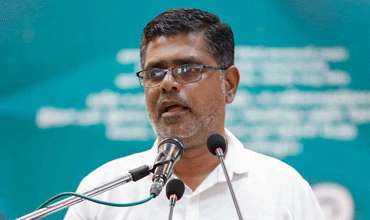

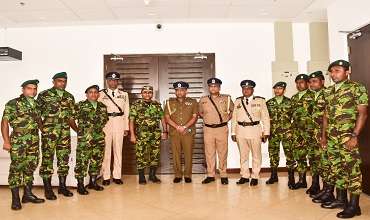
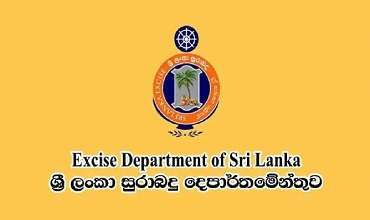
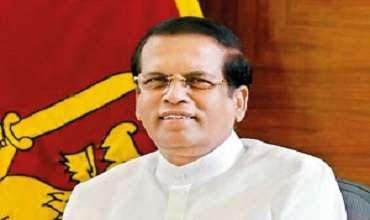
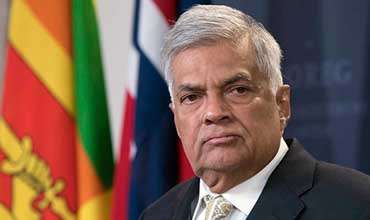
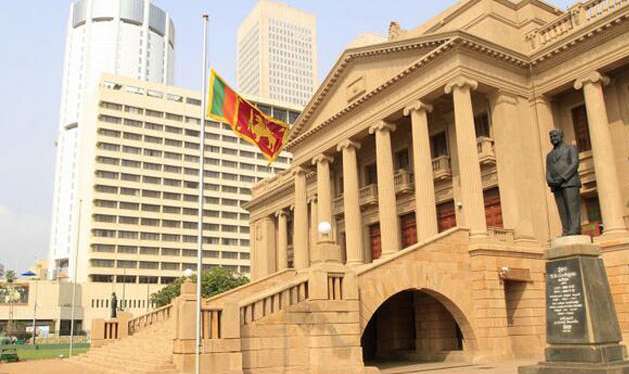
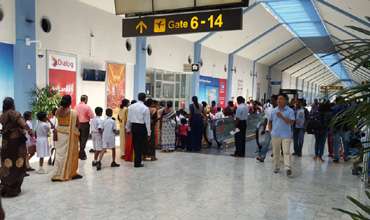
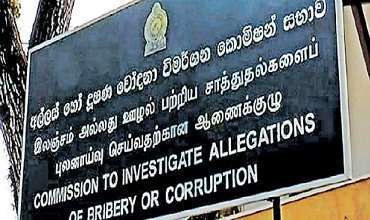

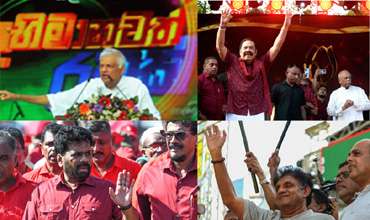
Leave Comments